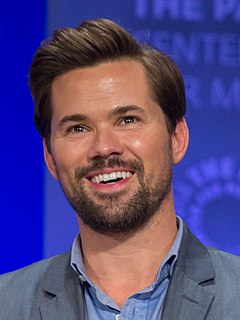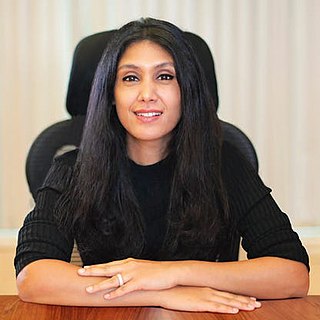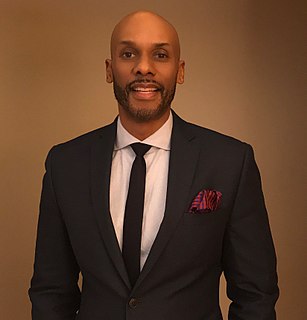A Quote by James Loeb
It has always seemed to me a pity that the young people of our generation should grow up with such scant knowledge of Greek and Latin literature, its wealth and variety, its freshness and its imperishable quality.
Related Quotes
While one is young is the time to investigate, to experiment with everything. The school should help its young people to discover their vocations and responsibilities, and not merely cram their minds with facts and technical knowledge; it should be the soil in which they can grow without fear, happily and integrally.
Those of us who have the duty of training the rising generation of doctors...must not inseminate the virgin minds of the young with the tares of our own fads. It is for this reason that it is easily possible for teaching to be too 'up to date'. It is always well, before handing the cup of knowledge to the young, to wait until the froth has settled.
Seldom can two such epoch-making events have occurred in successive years as happened then. In 1453 the Turks stormed Constantinople and finally destroyed the Greek Empire, driving out Greek scholars, who carried the knowledge of Greek language and literature to the western world; and in 1454 the first document known to us appeared from the printing press at Mainz.
Today's children are living a childhood of firsts. They are the first daycare generation; the first truly multicultural generation; the first generation to grow up in the electronic bubble, the environment defined by computers and new forms of television; the first post-sexual revolution generation; the first generation for which nature is more abstraction than reality; the first generation to grow up in new kinds of dispersed, deconcentrated cities, not quite urban, rural, or suburban.
One of the regrets of my life is that I did not study Latin. I'm absolutely convinced, the more I understand these eighteenth-century people, that it was that grounding in Greek and Latin that gave them their sense of the classic virtues: the classic ideals of honor, virtue, the good society, and their historic examples of what they could try to live up to.
For successful education there must always be a certain freshness in the knowledge dealt with. It must be either new in itself or invested with some novelty of application to the new world of new times. Knowledge does not keep any better than fish. You may be dealing with knowledge of the old species, with some old truth; but somehow it must come to the students, as it were, just drawn out of the sea and with the freshness of its immediate importance.
It is not always easy to be who we are, but as we grow up and mature and develop coping mechanisms that enable us to survive and thrive in a complicated world, we have the responsibility to reach back and help others still struggling along the way. In so doing, we can also help ourselves. Above all, we cannot allow each generation to grow up in a world where they feel they are alone while we carry so much knowledge, history, and foundation that we can, and must, pass on to them.



































